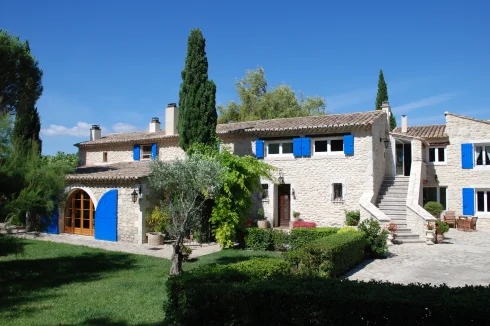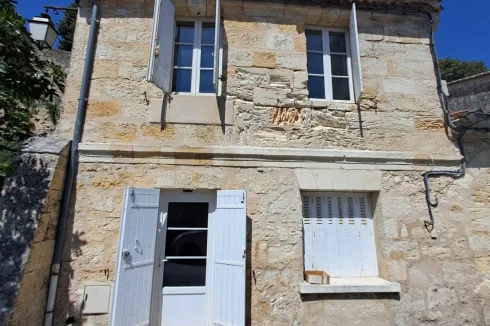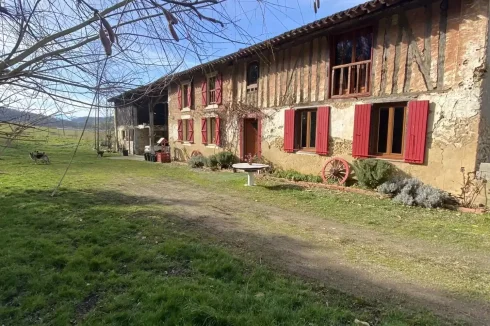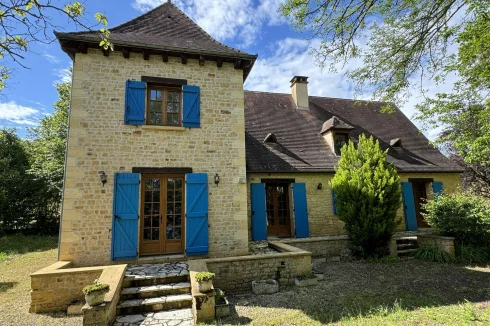British Couple Judged to be France Resident
Tuesday 10 December 2019
After over 20 years of legal dispute a British couple are judged to be tax resident in France.
The determination of the residency status of international property owners in France can sometimes be a complex process.
The basic rules are clear and well established, with French law stating that you are considered to be fiscally resident in France if you meet any one of the following tests:
- You have your main home in France;
- You carry on a professional activity in France;
- Your centre of economic interests is in France.
Nevertheless, the lack of border controls and visa requirements in Europe means that it is not difficult for those who live an itinerant lifestyle to choose in which country they wish to declare themselves resident – if any country!
In a recent case that was considered in the French courts, one British couple sought to stretch the limits of any laxity there may be in the enforcement of the rules.
The couple were owners of a property located in Margaux, the famous wine area on the left bank of the Gironde, which they had owned since 1969.
In or around 2000 the couple were subject to a investigation by the tax authority, concerning the three tax years 1995 to 1997, when they had not submitted an income tax declaration.
As a result of their failure to submit a tax return they were taxed on a summary basis in respect of money deemed to have been distributed for their benefit by a company domiciled in Guernsey, of which the husband was the owner.
The couple disputed the imposition, but in a series of rulings over the coming 15 years the courts upheld the decision of the tax authority.
Despite these rulings, the couple appealed the case on the basis of procedural irregularities in the judicial process and by the tax authority, the latter concerning visits to their property and seizure of documents.
In a final ruling the Supreme Administrative Court in France, the Conseil d'État, turned down their appeal.
The evidence produced in court by the tax authority showed that the husband was in possession of a carte de séjour, which he had regularly renewed over the years.
Although possession of a residence permit does not necessarily prove fiscal residence at the time of the affair, other elements were presented which satisfied the court on their residency in France.
In particular, there was evidence of regular consummation of water, electricity and domestic oil over the period in question, as well as use of the telephone.
The couple had a post office box for many years and they did not forward their mail.
In addition, they had a joint bank account in Bordeaux, which had been regularly used in the years in question.
A on-site visit by officials also revealed the existence of two vehicles registered in France in their names.
Perhaps most importantly, the couple were unable to provide any supporting evidence that during the period in question they had been resident in the UK, as they had stated.
For a fuller consideration of the legal issues surrounding residency you can refer to Resident or Non-Resident?
Thank you for showing an interest in our News section.
Our News section is no longer being published although our catalogue of articles remains in place.
If you found our News useful, please have a look at France Insider, our subscription based News service with in-depth analysis, or our authoritative Guides to France.
If you require advice and assistance with the purchase of French property and moving to France, then take a look at the France Insider Property Clinic.





